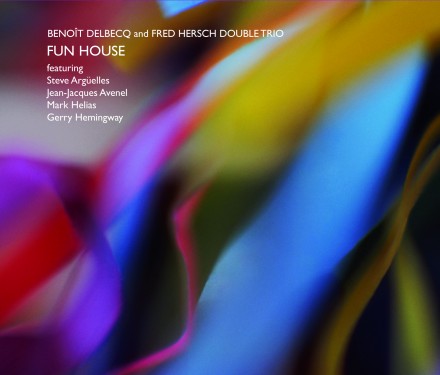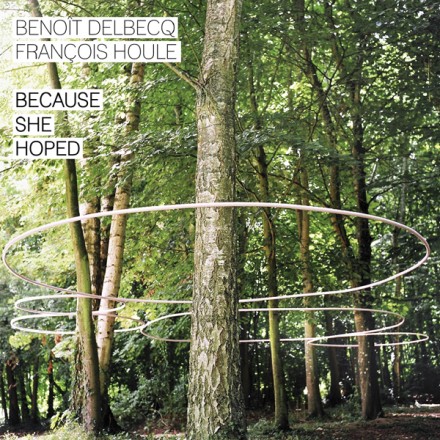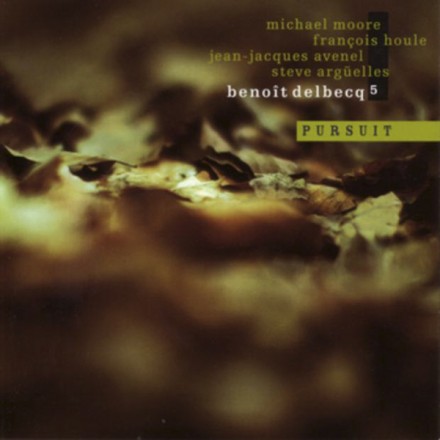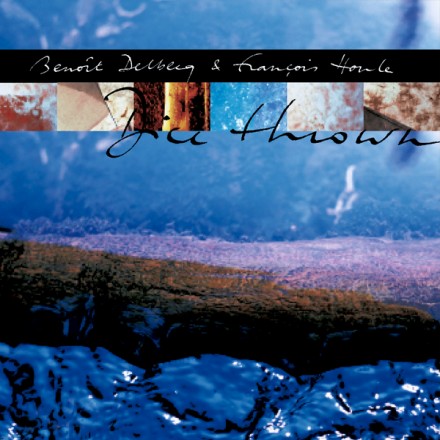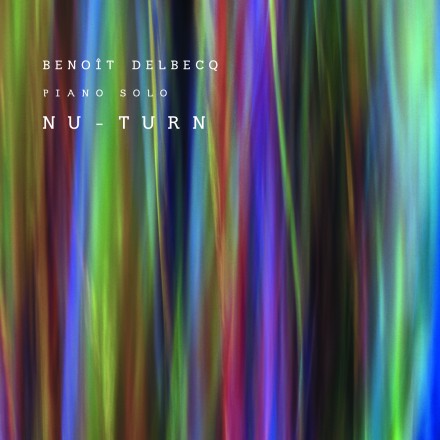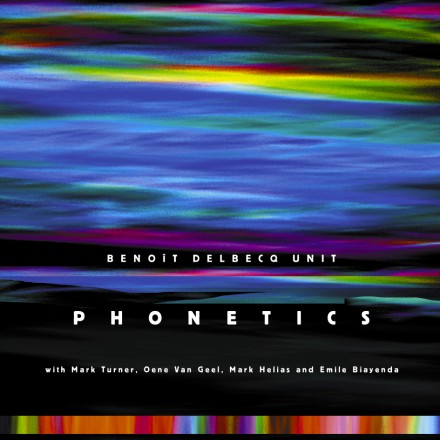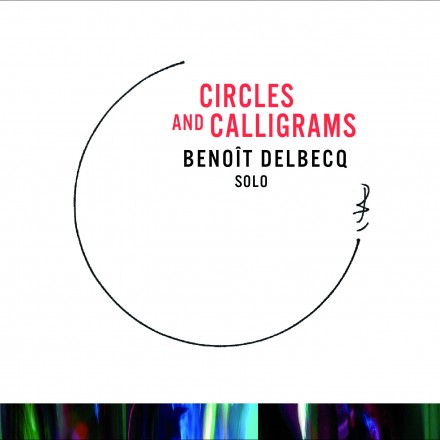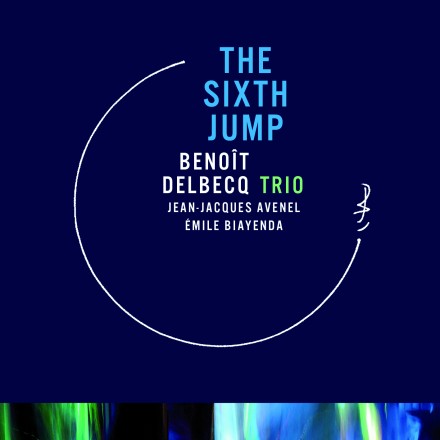Benoît Delbecq and Fred Hersch Double Trio
Fun House
SGL 1600-2This rare double-trio configuration is a ground-breaking encounter between jazz piano and the sonic resources of contemporary classical music, between American tradition and the European avant-garde, but above all between two fantastic pianists (coincidentally, both winners of the Grand Prix du Disque for jazz). Fred Hersch’s quest for absolute beauty and impeccable virtuosity have become legendary. Benoît Delbecq is one of Europe’s most prominent jazz keyboardists; his compositions and elegant, complex improvisations build on John Cage’s prepared piano techniques. Add to this Steve Argüelles’ stealthy ‘assistance and obstacles’ live sampling, and three of the most celebrated rhythm section players of today, and the result is a multi-faceted collaboration, with opportunities for various combinations of duos and trios as well as full-group interaction. The music has its moments of abstraction, its moonlit soundscapes such as “One is Several,” but also embraces a jazzier aesthetic, for example the Monkish/Lacyish “Night for Day.”
The project was sparked in 2008 when Fred came to a New York gig Benoît was playing with the John Hébert Trio. They had only met once before but had been digging each other’s playing on record. Fred: “The first time I listened to Pursuit I was completely mesmerized – it is an amazing project and it showed me that Benoît is a completely unique pianist, composer and conceptualist.” Benoît: “I had a few CDs with Fred including Chicoutimi (with Michael Moore and Mark Helias) which had an immediate and very special effect on me: there was something in Fred’s playing I felt more connected to than ever. I’ve always so admired his rare musicianship and subtle touch and the rhythmicity in his playing.” Fred continues: “I suggested that we do something with two pianos, not realizing that he already had a duo project with Andy Milne [Where is Pannonica?, Songlines]. So we thought, what would be novel and a bit outrageous?” Benoît came up with the idea of a double trio including his longtime collaborators Avenel and Argüelles, and Fred had a long history with Helias and Hemingway. Benoît: “The personnel came very naturally. Everybody knew each other already. I had worked with Mark for the Phonetics project and had met Gerry several times and we’d played too. The first minutes of the first rehearsal I remember very precisely, they just showed we’d made a great choice! The music found its flow and freedom from the beginning.”
Most of Delbecq’s pieces here were written for the group. “I was imagining scenarios and road maps for each tune, although leaving a lot of space for everyone’s creativity. I believe I imagined it as a sextet, trying to find enough ideas to make the ideas blossom in an original way for each tune…One of my priorities when I write is to make everybody involved feel comfortable with the material, of course rehearsals were important to assemble the ideas…then it really developed on the bandstand…And Steve’s electronics are always bringing something unexpected we react to.” (“Tide” is an Argüelles remix.)
“Lonely Woman” was played as a duo encore one night and worked so well they decided to record it that way at the studio as the final track. The recording took two days. Benoît: “Drums were in booths on the first day but we agreed it was important to record the whole thing once again the second day but this time all together in the same room. A big part of the record comes from day 2. Not that the music was less strong on day 1, simply the drummers felt less isolated and the music found itself even more easily in term of blending all together.” The pianos are somewhat panned in the mix (Hersch left, Delbecq right). Fred: “When I listened back for the first time to the recording, I was struck by both the similarities and the differences between us, especially regarding tone. But there were also places where I was not sure who was playing what! I think we stepped into each other’s musical/pianistic world so well.” Benoît: “Evidently there are common concerns in both our playing. And I have been influenced by Fred’s playing, in particular by this Chicoutimi record where the trio plays in a loose yet so relevant way. What makes us close at certain designated moments is that, I think, we have a related way of breathing inside the lines, or might I say between the lines…Every great player has a sense of dynamics of his/her own – like, creativity in sounds and accents, in phrasing, in ways to play with time or silence. Every parameter has a dynamic relation to every other parameter in music.”
Thanks to FAJE (French-American Jazz Exchange), which funded the project.
For more info: fredhersch.com. A making-of video is here.
